The Daylight Award for Research 2016
Marilyne Andersen
Marilyne Andersen is a Professor of Sustainable Construction Technologies and Dean of the School of Architecture, Civil and Environmental Engineering (ENAC) at EPFL (École Polytechnique Fédérale de Lausanne, EPFL). An outstanding academic, educator and an active researcher who has demonstrated excellent abilities to initiate and lead challenging daylight research, which will continue to impact the architectural and research communities. For her and her team, the Interdisciplinary Laboratory of Performance-Integrated Design (LIPID) at EPFL, exemplary daylighting research is not just discovering and quantifying the relationship between daylighting design strategies and building performance but also addressing and analysing daylight effects on the health, well-being, performance and experience of building users.
JURY REASONING
Marilyne Andersen is at the forefront of a field that bridges gaps between disciplines, such as building science and chronobiology, as well as between theory and practice. She is leading a new wave of research that quantifies factors that focus on the experiential qualitative aspects of daylight that reach beyond intensity and colour. She is particularly interested in embedding that knowledge into design tools and goal-driven design approaches that can influence the early stages of the architectural design process, which ultimately would deliver sustainable and workable architectural solutions. Her work draws not only on sophisticated building modelling expertise, but also on observation and monitoring of building occupants in response to daylight, notably to its temporal and spatial influence as a function of the history and circadian responses of individuals. The human-centric focus is particularly rich in the development of simulation techniques that address users’ perception and responses to architectural space and dynamic daylight conditions. The impact of this research stream is creating new knowledge and opportunities for experience-based daylight design, broadening our awareness of daylight design to extend beyond building science and into the human behavioural and social sciences.Her current projects are related to advanced glazing and shading systems, modelling the potential implications of light on human comfort and behaviour, the visualisation of daylighting performance and creating new metrics in architectural design. Her inter-disciplinary research interests are primarily related to building performance and include visual and thermal comfort; performance visualisation; design implications of daylight on circadian photoreception and health; daylight redirecting devices, and; video-based approaches in photometry.
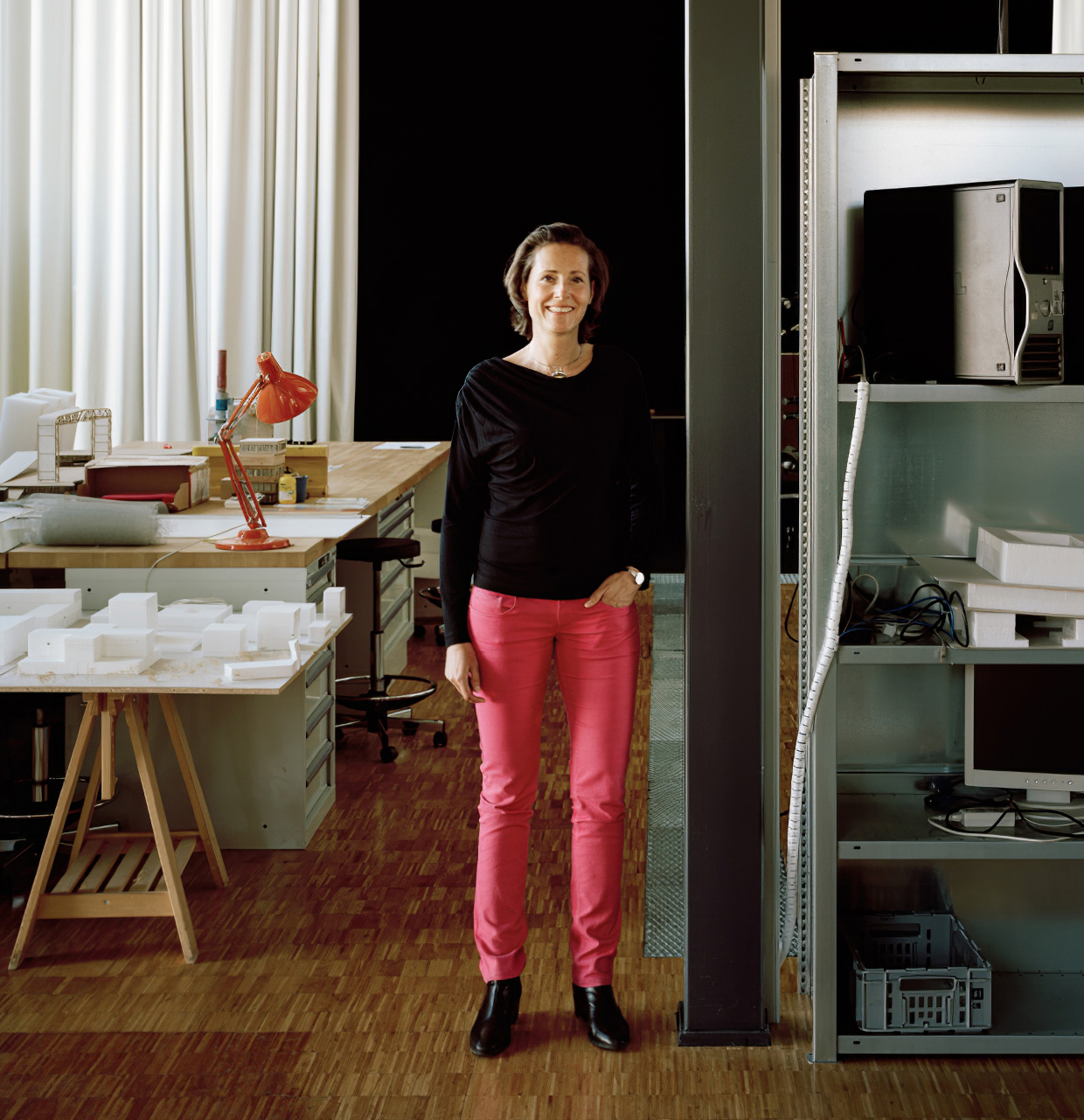
SELECTED PROJECTS

Daylighting pattern appraisal with virtual reality
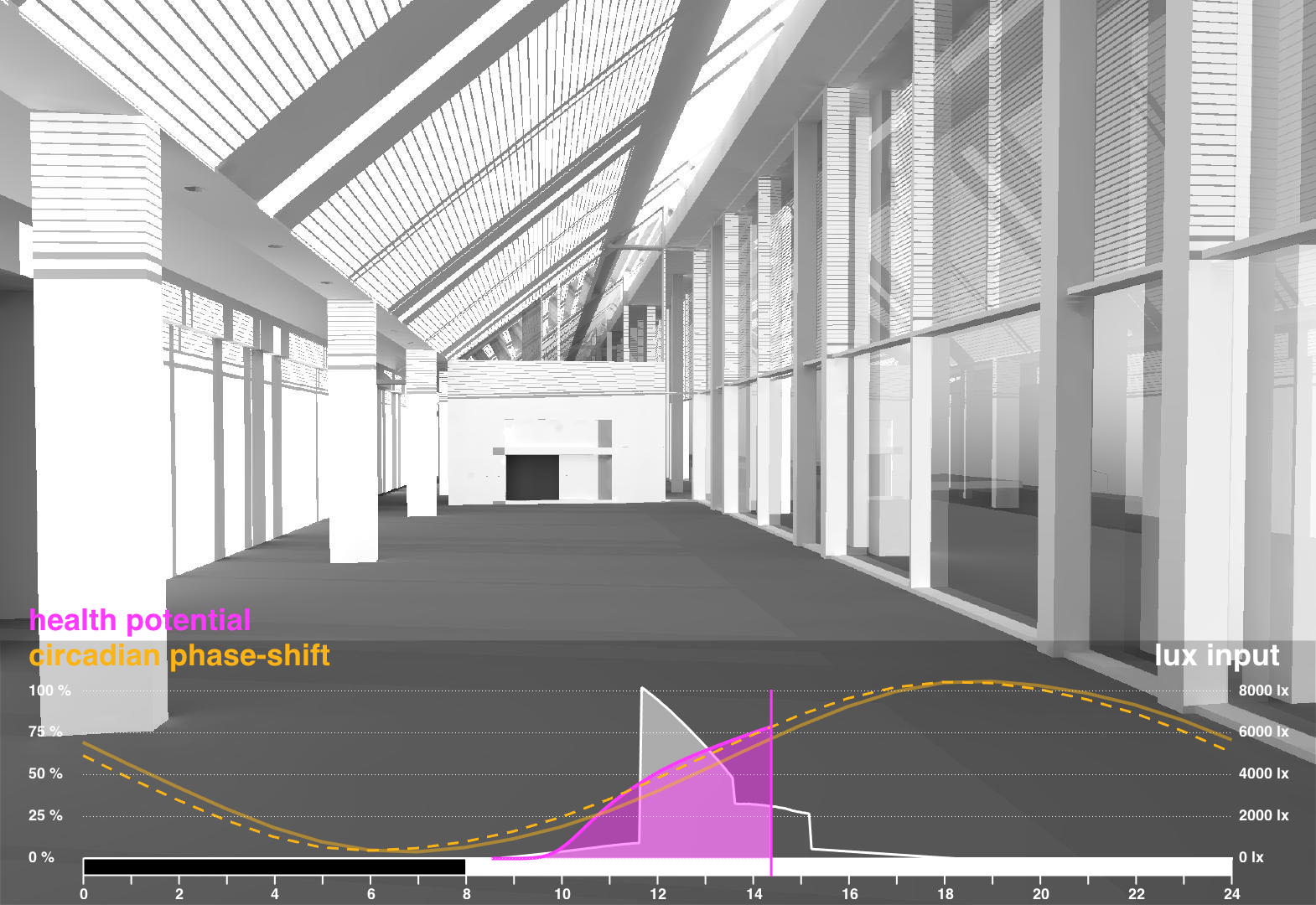

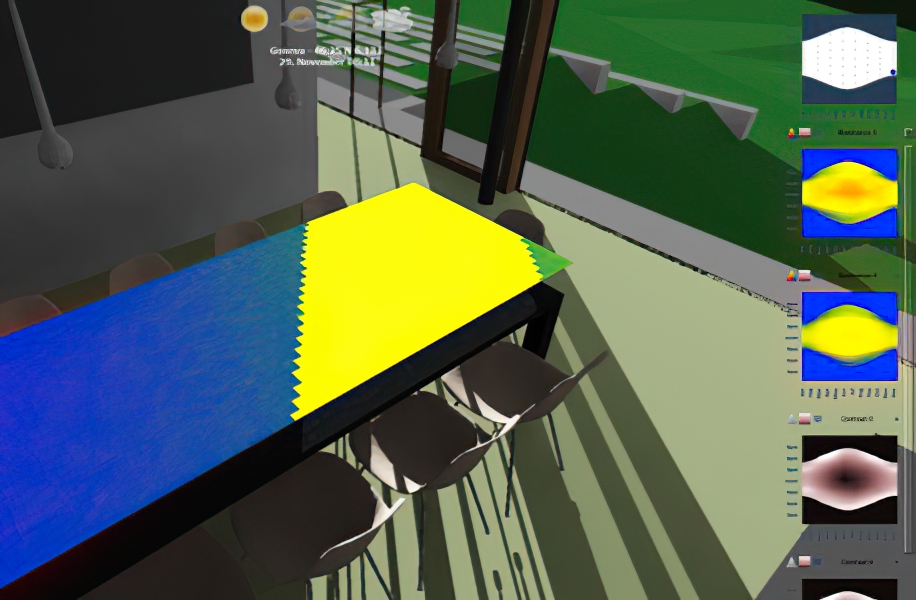
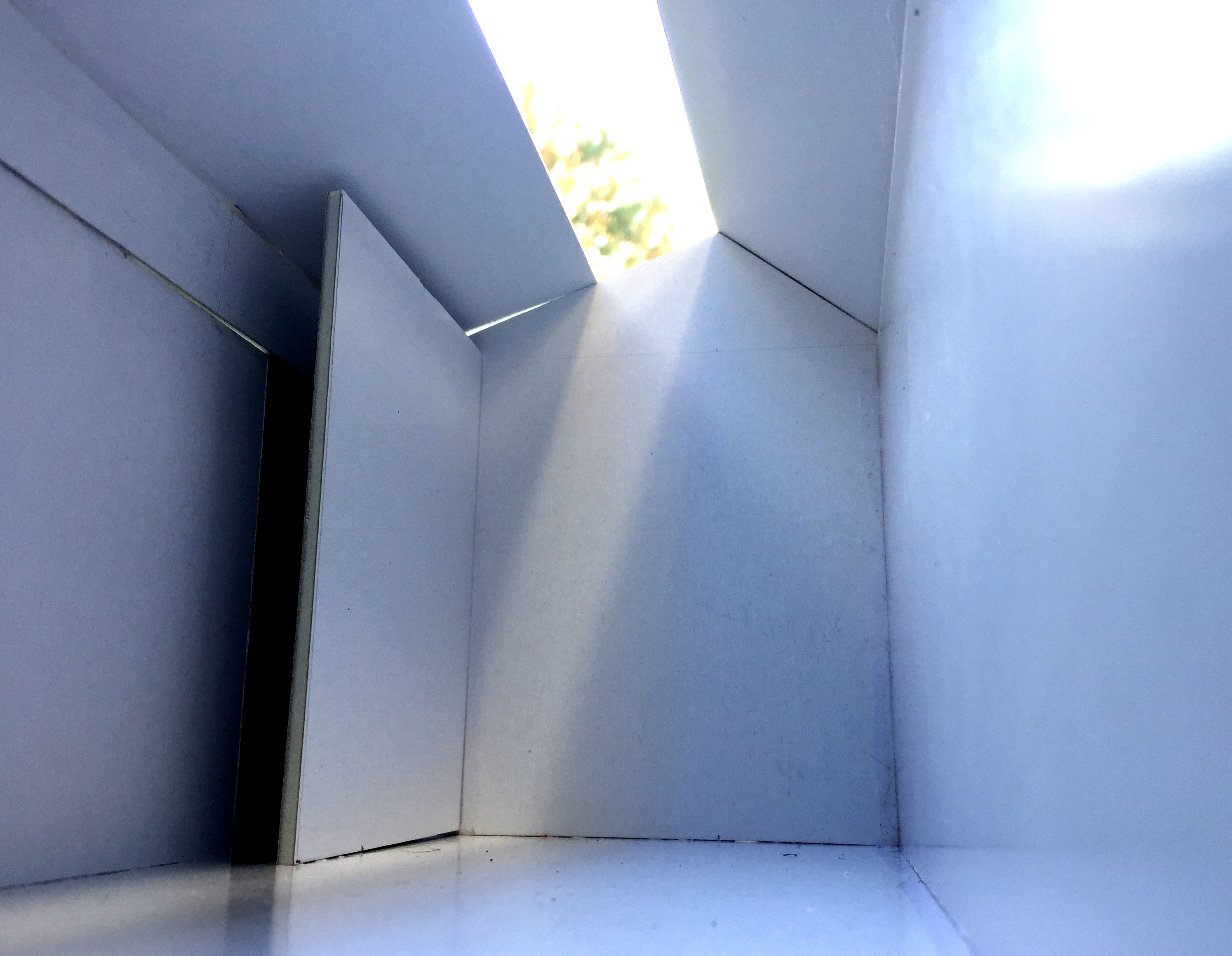
Physical scale models for qualitative assessment

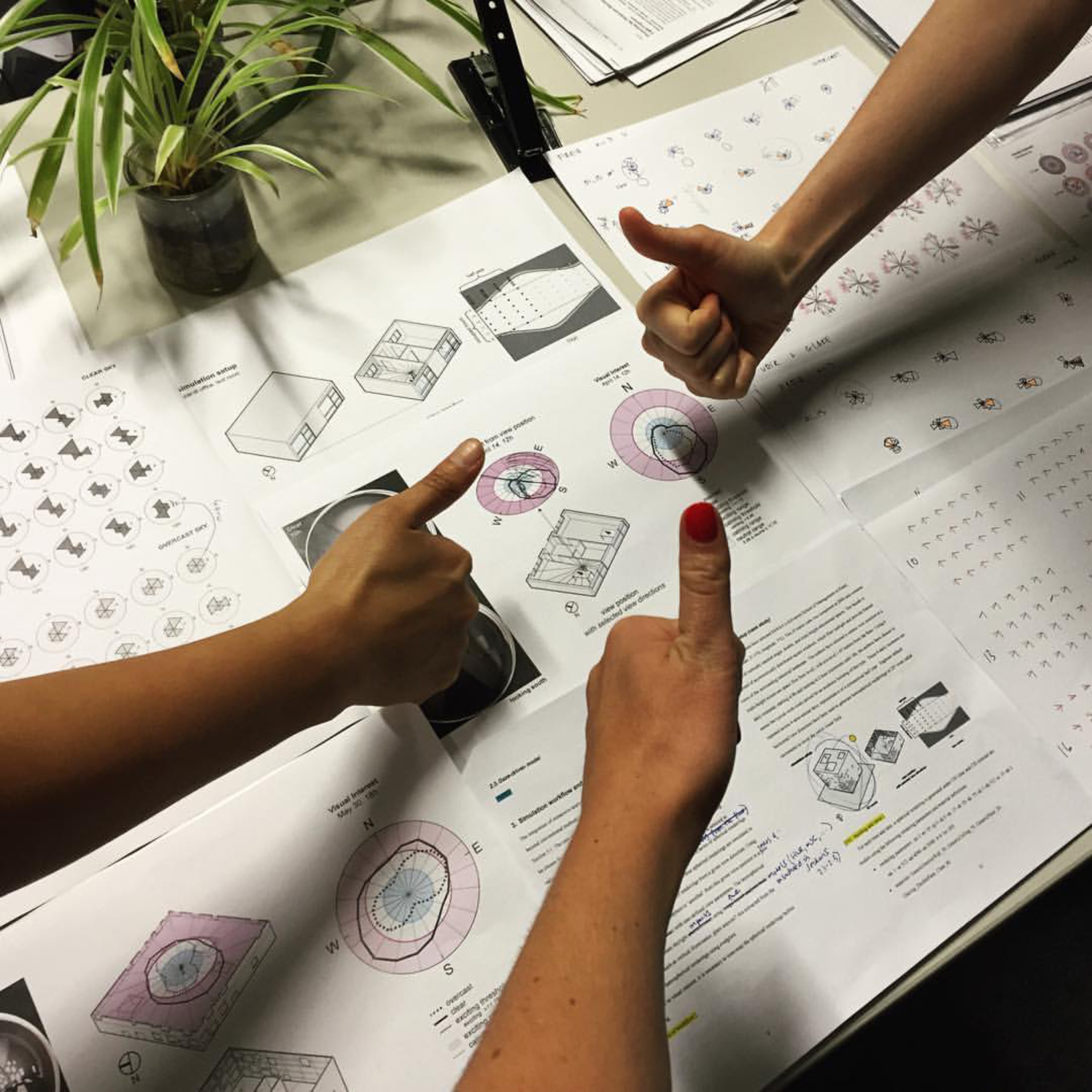
The integration of different aspects of performance, M. Andersen, LIPID Lab, EPFL

Firsthand experiments using pedagogical tools – the heliodon for sun course and shadows, M. Andersen, LIPID Lab, EPFL


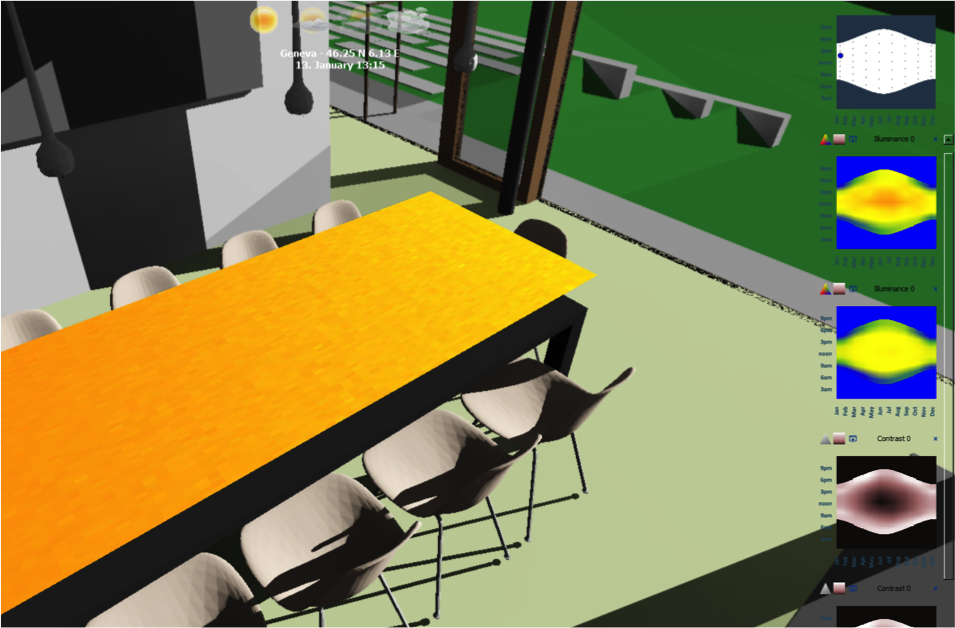


View directions depending on indoor brightness and visual discomfort conditions
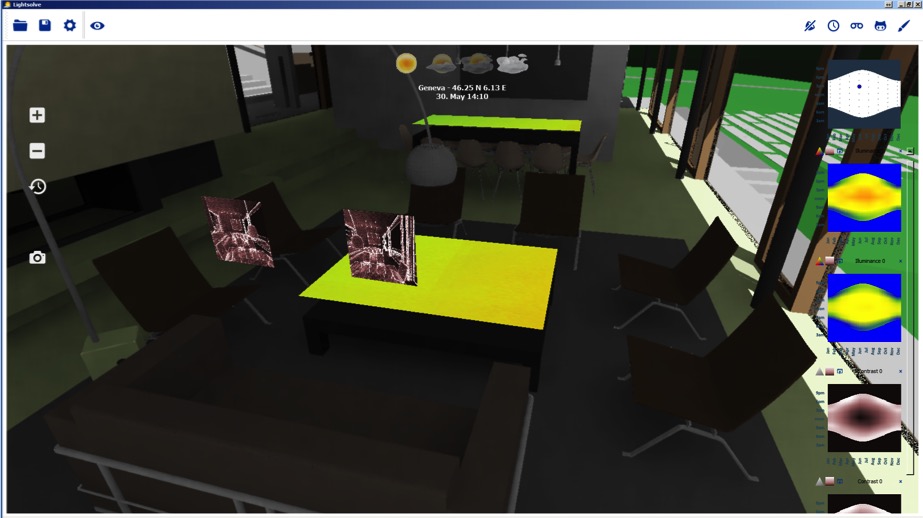
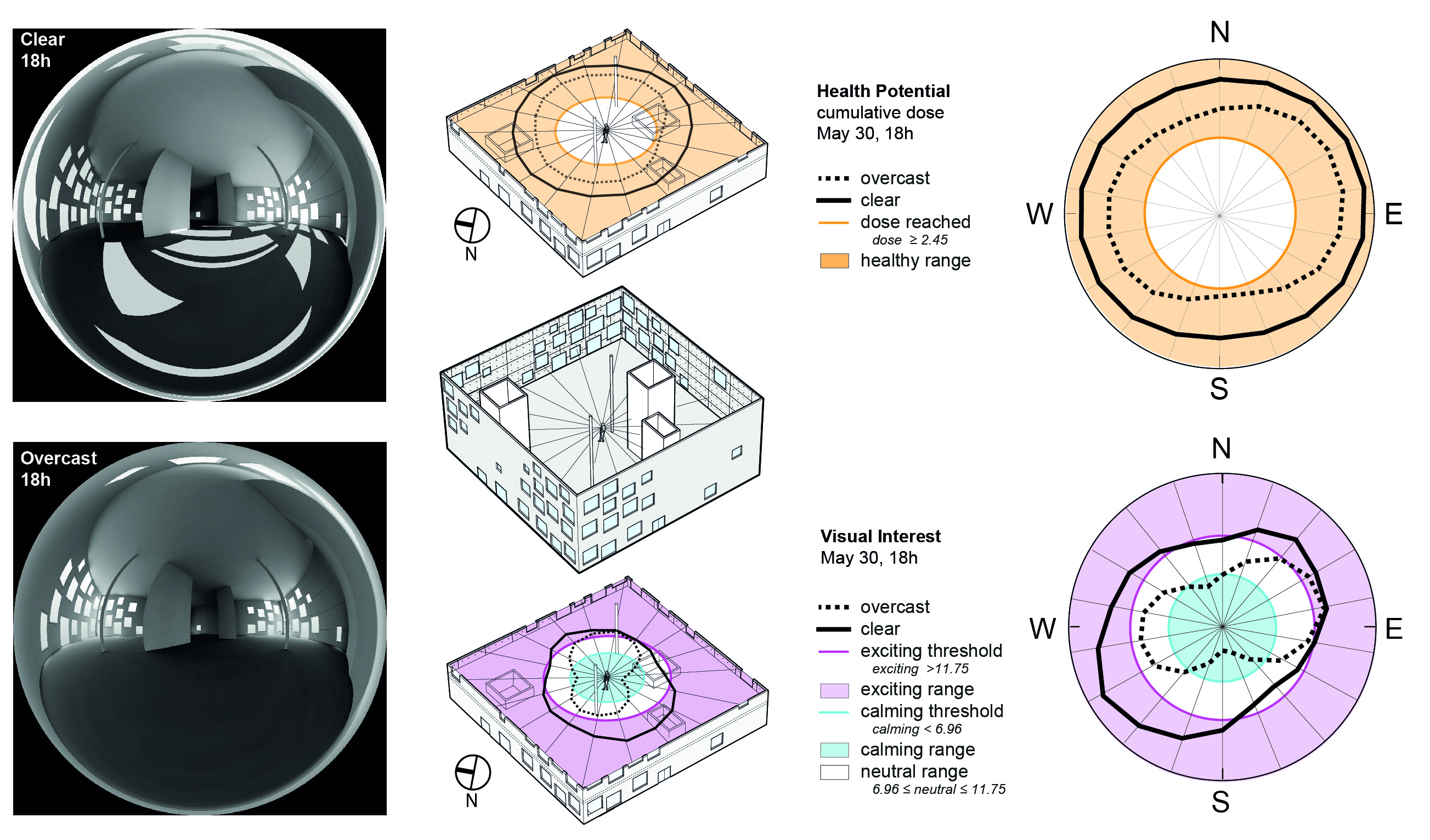
Holistic approach to daylighting performance: integrating visual, health and perceptual aspects
OUTREACH LECTURE
